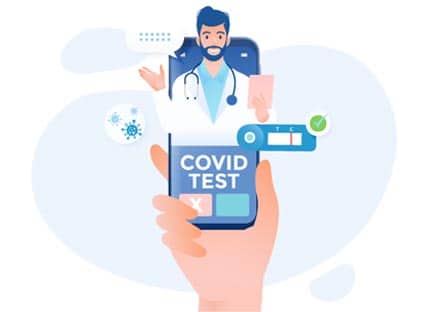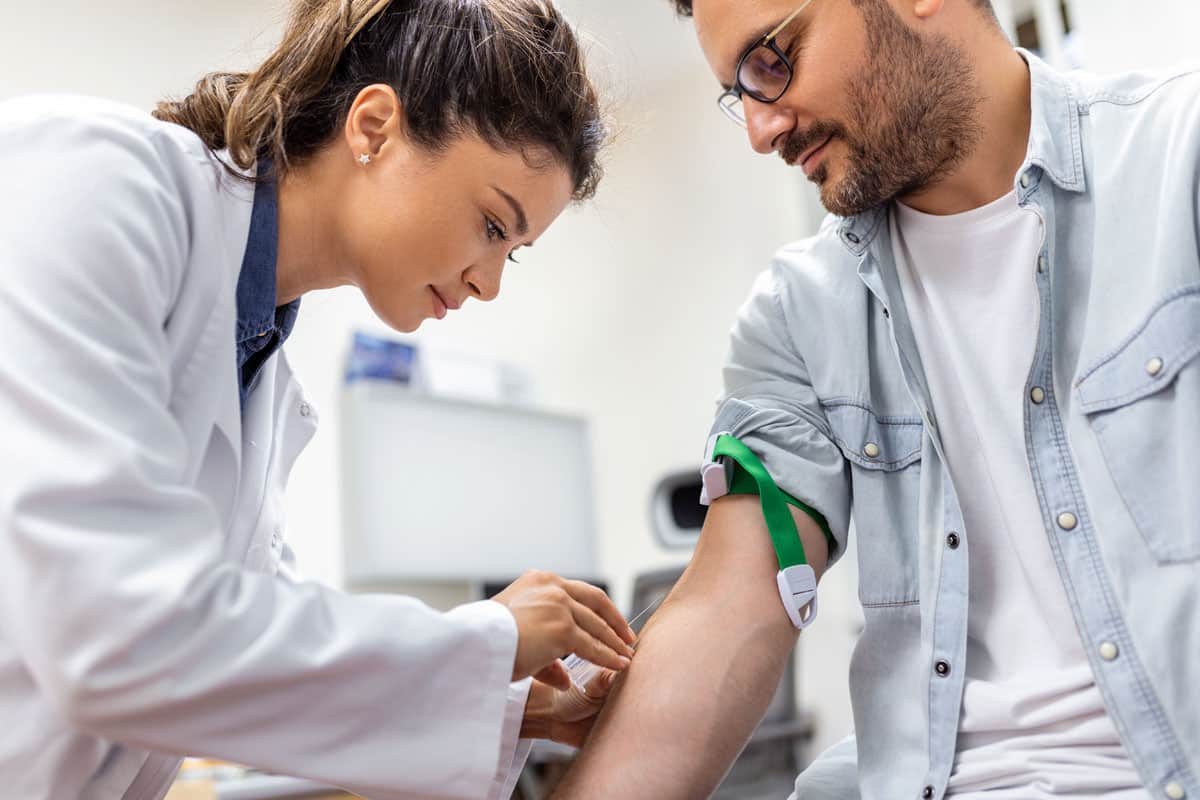Every December 1st, World AIDS Day is celebrated, a date that seeks to raise awareness about the importance of preventing and treating this disease. HIV/AIDS is one of the deadliest diseases in the world, and although there have been advances in its treatment, there is still much to be done to eradicate it.
World AIDS Day has been celebrated since 1988 and was created by the World Health Organization (WHO) to raise awareness about HIV/AIDS. According to the latest UNAIDS data, in 2020 there were around 38 million people living with HIV worldwide, and 680,000 AIDS-related deaths were reported. In Latin America and the Caribbean, an estimated 2 million people are living with HIV.
HIV is transmitted through unprotected sexual intercourse, sharing contaminated needles, or blood transfusions. In addition to HIV/AIDS, there are other sexually transmitted diseases such as syphilis, gonorrhea, chlamydia, and genital herpes that also pose a public health problem.
How can it be prevented?
Prevention is key to fighting HIV/AIDS. Some measures that can be taken to prevent its transmission include:
– Using condoms: The correct and consistent use of condoms is one of the most effective ways to prevent HIV transmission during sexual intercourse.
– Avoiding sharing needles: If using injectable drugs, it is important not to share needles or syringes with others.
– Getting tested regularly: It is important to get tested for HIV regularly to know if you have the disease and receive treatment if necessary.
– Early treatment: If you have HIV, it is important to seek treatment as soon as possible to reduce the risk of transmitting the virus to others.
Without a doubt, prevention is essential to avoid the transmission of HIV/AIDS and is part of a healthy and responsible sexual and reproductive health.
What is life like for those who have the disease?
HIV/AIDS can have a significant impact on the lives of those who have it. Although there are currently treatments that can control the disease and significantly improve quality of life, many people face stigma and discrimination due to their condition. Additionally, treatment can be expensive and have side effects.
However, it is important to remember that people living with HIV, with proper access to treatment and emotional support, can lead a normal life.
Other sexually transmitted diseases
In the United States, in addition to HIV/AIDS, sexually transmitted diseases (STDs) are constantly on the rise. According to the Centers for Disease Control and Prevention (CDC), in 2019 there was an unprecedented level of reported cases of sexually transmitted diseases for the sixth consecutive year.
The most common STDs in the United States are chlamydia, gonorrhea, and syphilis. Lack of sexual education and limited access to healthcare services are some of the factors contributing to this upward trend.
It is important to take measures to prevent the transmission of STDs. Using condoms during sexual intercourse, getting tested regularly, and receiving early treatment are some of the ways in which the spread of STDs can be prevented. Additionally, promoting sexual education and access to healthcare services is essential in preventing and treating STDs.
You may also be interested in: Chlamydia, Gonorrhea and Syphilis, Asymptomatic Sexually Transmitted Diseases
How can you help end this disease?
To end HIV/AIDS, it is important to take both individual and collective measures. Some ways in which we can help fight this disease include:
– Sexually active individuals should get tested for HIV/AIDS regularly.
– Correct and consistent use of condoms is essential in preventing HIV/AIDS transmission.
– Fighting stigma and discrimination against people living with HIV/AIDS and providing them with the emotional support they need is crucial.
– It is necessary for all people living with HIV to have access to adequate treatment to control the disease.
At Formé Medical Center, we have a gynecology service through which you can receive timely diagnosis and treatment, and our specialists can advise you on everything related to sexual and reproductive health. Additionally, getting tested regularly is a fundamental pillar if you want to stay healthy and protect your sexual health. Together we can end HIV/AIDS. Do not hesitate to call us at 914-723-4900 or schedule an appointment.







